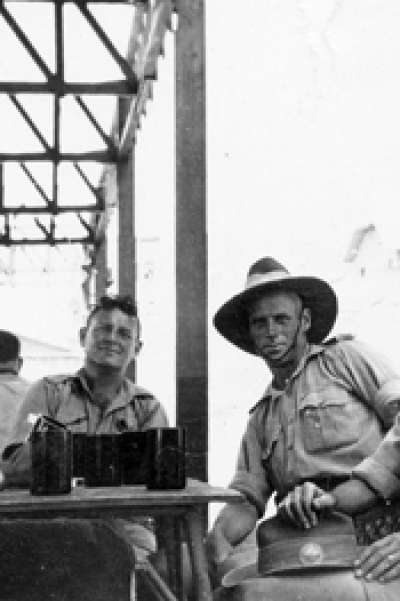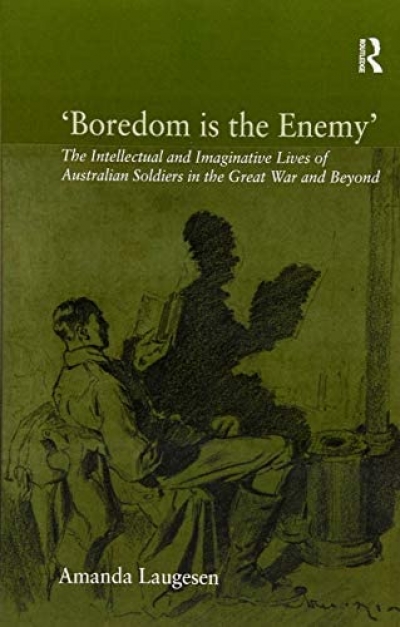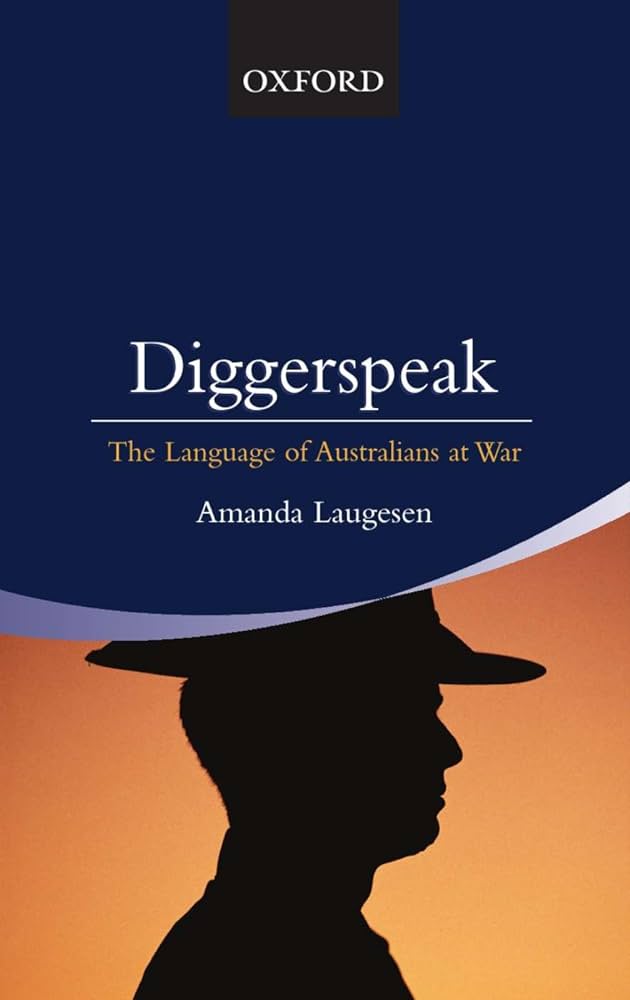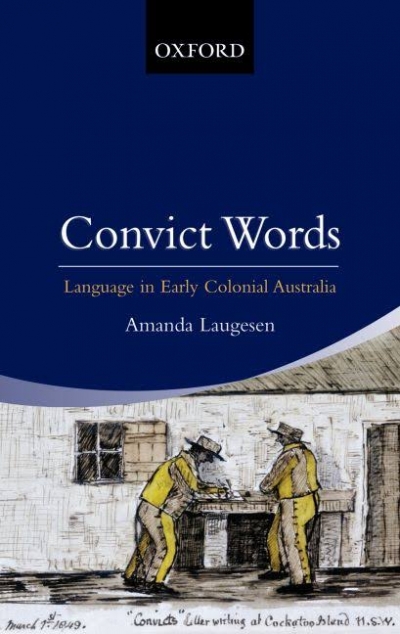Amanda Laugesen
Film | Theatre | Art | Opera | Music | Television | Festivals
Welcome to ABR Arts, home to some of Australia's best arts journalism. We review film, theatre, opera, music, television, art exhibitions – and more. To read ABR Arts articles in full, subscribe to ABR or take out an ABR Arts subscription. Both packages give full access to our arts reviews the moment they are published online and to our extensive arts archive.
Meanwhile, the ABR Arts e-newsletter, published every second Tuesday, will keep you up-to-date as to our recent arts reviews.
Recent reviews
Boredom is the Enemy: The Intellectual and Imaginative Lives of Australian Soldiers in the Great War and Beyond by Amanda Laugesen
by Craig Wilcox •
Diggerspeak: The language of Australians at war by Amanda Laugesen
by Gary Simes •
Convict Words: Language in early colonial Australia by Amanda Laugesen
by Gary Simes •




